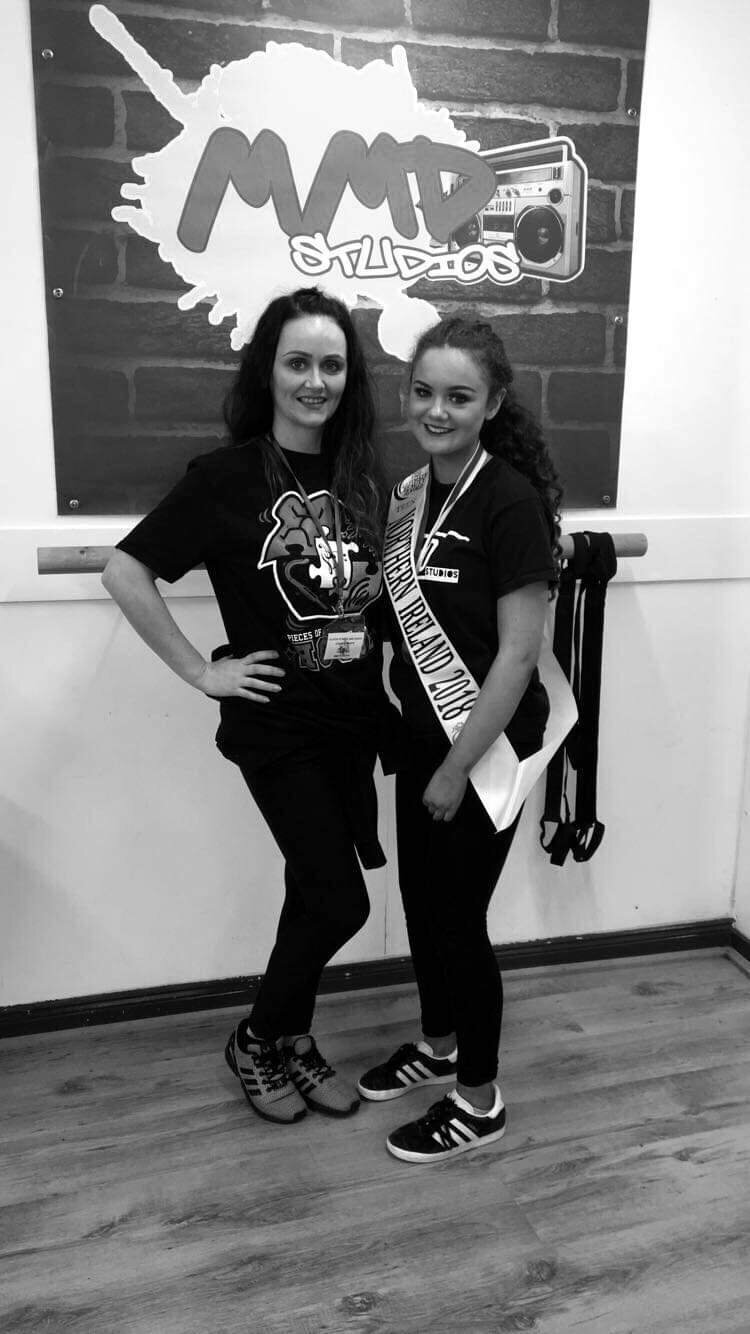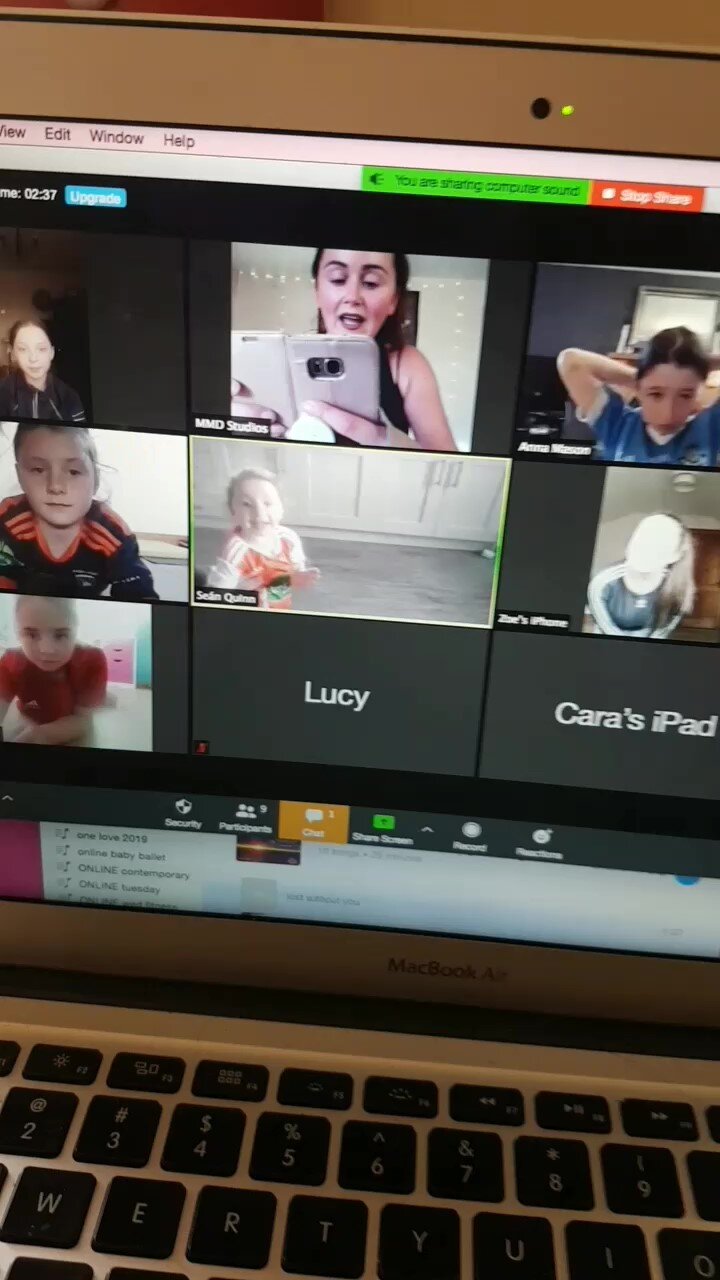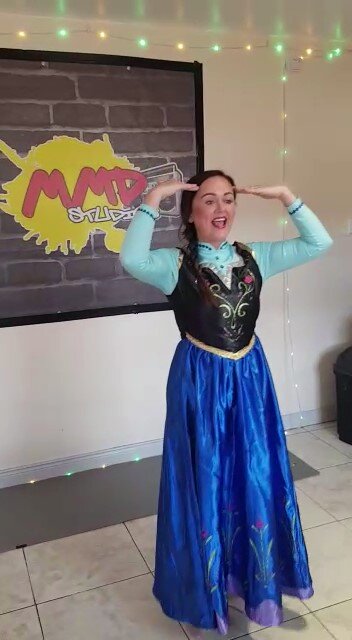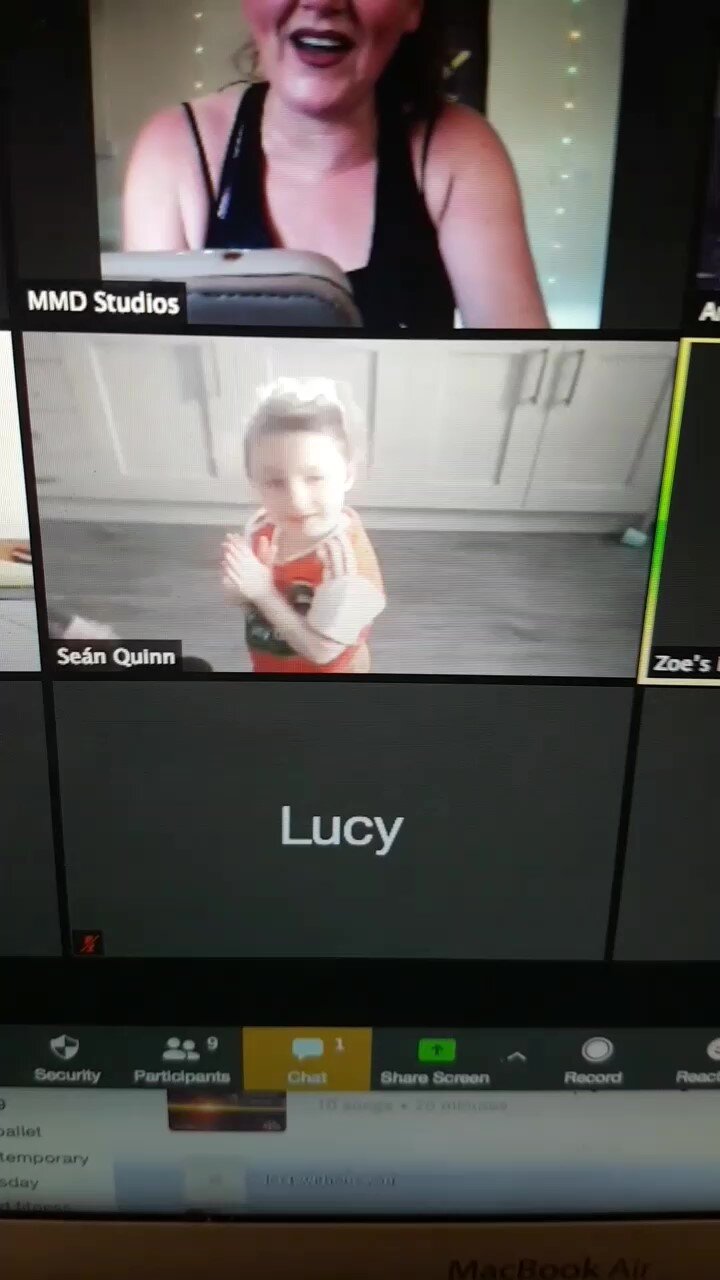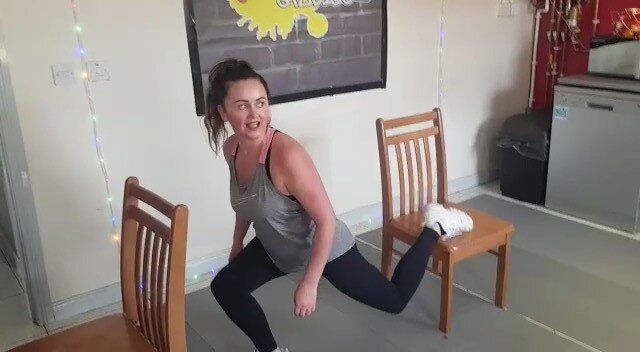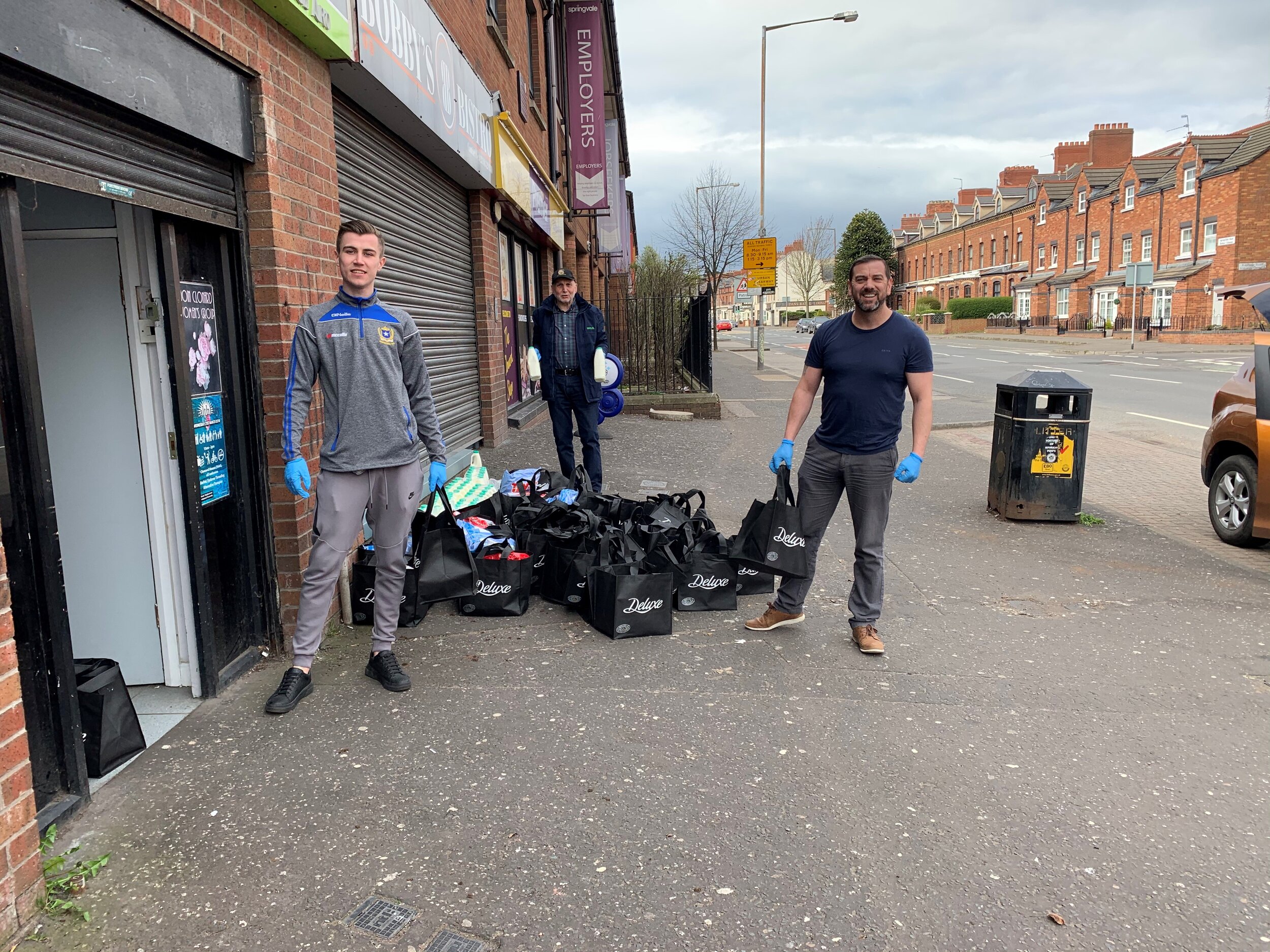The first ever policy roundtable held on 2nd of July 2020chaired by Dr Caoimhe Archibald MLA and Chair of the NI Assembly Economy Committee was attended by 70 representatives of the Creative Industries extending across Screen, VR, AR, new and emerging technology, theatre, dance, art and craft.
The Chair of the Economy Committee, Dr Caoimhe Archibald opened the event noting the timeliness of the round table on the Creative Industries within the context of the ongoing Covid-19 Crisis, but also in the context of the development of a strategy for Economic Recovery. The Chair pointed towards the need to look ahead and to consider and work for the future we want for both the creative and regional economy. The Chair referred to the strength of the creative economy pre-covid and the potential for the creative industries to act as a hotbed for innovation with fast developing technologies which apply the creative approach to some of our most pressing societal challenges including Artificial Intelligence, Machine Learning, Rendering, Med Tech, Pain, Movement, Tourism, Inclusion, Conflict Transformation and Smart Cities. The Chair noted the role of Future Screens NI and partners in supporting the success of the region and continuing to stimulate recovery during the crisis.
Professor Paul Moore Director of Future Screens NI noted the publication of the UK Research and Development Road Map which has highlighted the role of the Creative Cluster Programme in transforming the extent and quality of interactions between leading research-intensive universities and creative businesses, bringing together world-class research talent from across the UK in a first-of-its-kind R&D investment. A key focus of Future Screens NI is to develop the creative industries to become the new heavy industries within the NI context. Building on the opportunities for growth and economic return.
Professor Moore explained that the Creative Industries have experienced rapid expansion and form an essential aspect of the local economy Gross Value Added (GVA) for the creative industries was £1,088 million in 2017, representing 2.7% of Northern Ireland’s total GVA. In absolute terms, GVA for the creative industries increased by 8% between 2016 and 2017 (£1,008 million to £1,088 million), compared to a 5% increase for total GVA. Overall, GVA for the creative industries has generally increased over the trend period from 2010 to 2017. There are currently 25,000 jobs within the local creative economy. Since it’s inception Future Screens NI have invested Future Screens NI have invested £5.1mn in the local creative economy. £3.9mn of which is private investment and £1.3mn of which has been invested by Future Screens NI. This investment has stimulated more than 90 live R&D projects and created 179 high level jobs operating at the forefront of innovation both locally and globally.
The recent Covid-19 will have generated significant challenges and opportunities for the local creative economy. Oxford Economics have predicted a significant downturn for the Creative Industries in the context of the recent ongoing crisis predicting a UK wide GVA shortfall of £29bn and are predicting significant job losses. It is essential that local creative industries continue to advance and thrive and that positive examples of resilience in the context of Covid-19 are harvested and lessons for future challenges are identified. Professor Moore raised the point that it is essential the challenges facing theatre, public venues, the film and tv industry and freelance workers are fulling examined. He also noted that the need to identify the challenges and opportunities which are emerging for those working within animation, gaming and new, immersive and emerging technology.
Future Screens NI have acted pro-actively within the NI context to identify and resolve challenges presented at the initial stages of the Covid-19 crisis including investing in 32 projects addressing the challenges of Covid-19 and providing financial support to free-lancers. The region has generated significant innovation in the context of Covid-19 in the areas or connectivity, education, community building, and innovation in med- As the region transitions from lock down it is essential that recovery is stimulated and maintained. The Creative Industries will play an essential role in both the recovery and the economic and digital transformation of the region.
Professor Moore highlighted that it is essential that the Executive recognise the significance of the creative industries and ensure that the sector is front and centre within the formation and implementation of Economic Strategies, Economic Recovery Plans particularly in the context of Covid-19 and that the strength and credibility of the Creative Industries informs Economic Policy Making.Overall the Executive, the Assembly and industry working must work in partnership to put creative industries at the heart of the growth agenda, recognising the importance of the growth sector to the regional economy, ensuring a business, regulatory and fiscal (while recognising local fiscal limitations) environment that encourages the creation of, investment in and commercialisation of Intellectual Property (IP) assets, to creative businesses can start up, succeed and grow. Essential to this is ensuring that the creative industries are supported at all levels of government and across all departments particularly the Department of the Economy. The sector has a significant role in delivering the economic dividend from the transition from conflict.
Professor Cathy Craig provided a presentation on the innovative research and development programme which is currently being advanced by INCISIV in the area of Action Intelligence, brain function and neural fitness. The modular platform developed by INCISIV extends through elite fitness, neural fitness, health and brain function employing VR Environment and sensors, analytics engine and advanced performance insights which can be employed to measure and understand the impacts of concussion.
https://incisiv.tech/
Professor Craig noted that there is an opportunity post COVID-19 to capitalise on the power of immersive technologies to change the ways in which events are experienced and content consumed (e.g. sports, theatre, live music) but the ways in which children are educated and how adults learn. The last 4 months has stimulated a complete rethink regarding the use of technology to support the ways in which we as a society live, work and play. This should be capitalised upon and harnessed. Immersive technologies are an enabler - but content will always be ‘King’ or ‘Queen’. For example, engagement with telephones and tablets is content driven. It is what is watched upon them or experienced using them that drives their utility. It is essential that NI builds capacity in terms of helping and supporting those who wish to create new types of digital content that will exploit the power of immersive technologies. Whilst The Digital Catapult exists it is currently not in a position to support and develop the technical expertise required in order to ensure that immersive technologies are utilised to their full capacity. For example the Digital Catapult is not currently in a position to drive content creation. Initiatives such as The Pixel Mill which is a joint project between NI Screen and Future Screens NI is an essential incubator which is driving forward gaming technology but It is crucial that there is a greater understanding or and investment in immersive technology applications beyond gaming. Many of the activities stimulated by Future Screens NI are addressing this challenge but a more formal intervention from Government would be welcome.
Dr Hyojung Sun, Research Fellow in the Creative Industries at Ulster University provided a presentation (attached) on the contribution of the Creative Industries to the Economy. Dr Sun emphasised the contribution of the UK music industry which contributed £5.2bn to the UK economy in 2018. Dr Sun highlighted the increased demand for creative content during the ongoing Covid-19 crisis and highlighted the loss of earnings for creatives particularly musicians. Dr Sun referred to the potential for significant job losses within the creative industries as a result of the crisis.
Read Dr.Sun’s presentation here
Overall it was noted that it is essential that the Covid-19 does not slow the regional growth of the creative industries.












